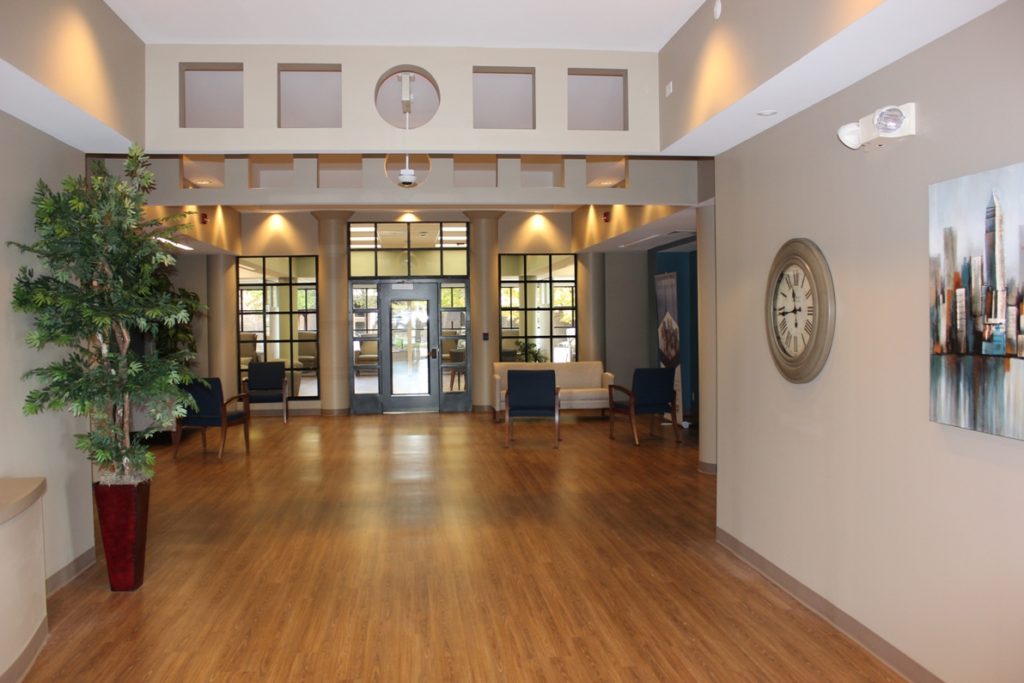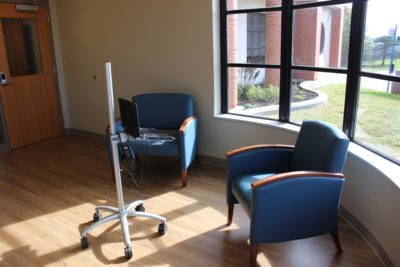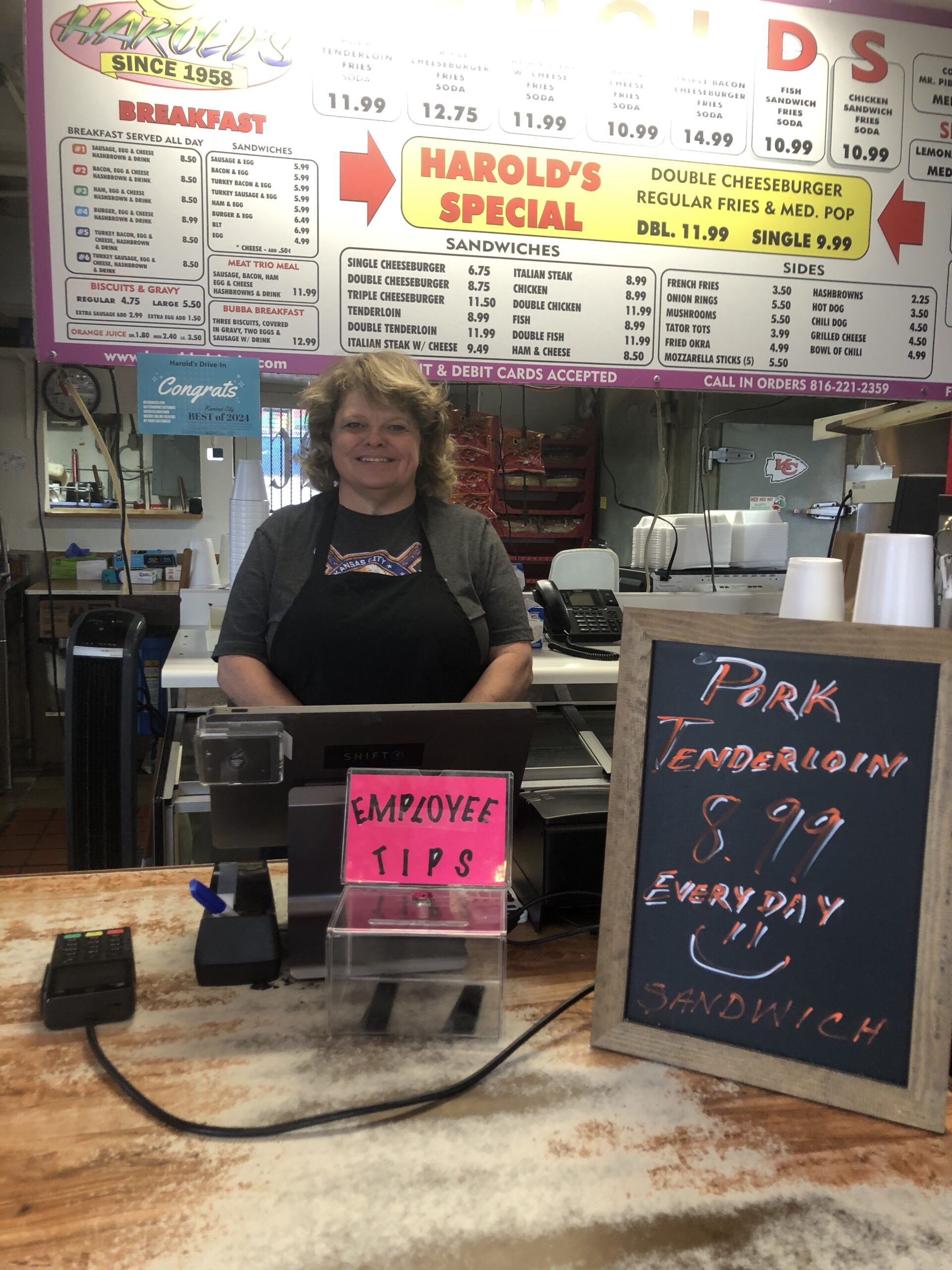
By Paul Thompson
Northeast News
November 3, 2016
KANSAS CITY, Missouri – Can you imagine taking 100 trips to the emergency room in a single year?
That’s the current reality for some Kansas City residents, who as a whole visit emergency rooms an estimated 17,000 times annually. In the worst-case scenarios, repeat emergency room visitors suffering from severe substance abuse disorders or serious mental illnesses can get trapped in a vicious cycle of hospital stays (or worse, trips to Kansas City area jails) that never tackle the source of the problem.
Fortunately for some of Kansas City’s most prone citizens, a local partnership has emerged to support a facility that provides vital triage, stabilization, and follow-up services to those most in need. On Monday, October 31, the Kansas City Assessment and Triage Center (KC-ATC), located at the intersection of 12th and Prospect, officially opened its doors and began taking patients. The 16-bed facility operates entirely on referrals, accepting patients only from the Kansas City, Missouri Police Department and from a coalition of area hospitals. The center aims to provide rapid-response health care services that will ease the burden on emergency rooms and law enforcement resources.
Operating on an estimated $3 million annual budget, the Kansas City Assessment and Triage Center will rely upon a large array of partners. The largest contribution – $2 million annually over the next 10 years – derives from the sale of two Kansas City area hospitals in the fall of 2015. Additional funds have also been committed by the hospitals that will be referring individuals to the center: HCA Midwest Health, Truman Medical Center, Saint Luke’s Health System, North Kansas City Hospital, Prime Healthcare, and Liberty Hospital.
“The area hospitals are supporting $1 million a year for the first two years for our operating budget,” said Stephanie Boyer, KC-ATC Program Manager.
The City of Kansas City, Missouri pulled together a one-time payment of $2.5 million for construction and renovations to the facility, while the Missouri State Legislature has committed another $2.5 million in funds for follow-up services. Independence-based health services provider ReDiscover will operate the facility.
KC-ATC is serious about its mission to provide rapid-response medical services: in order to bill Medicaid, the center must get all patients in and out of the center within a period of 23 hours.

Patients referred to the center are first directed to one of two intake rooms, where social workers determine whether the individual would be better served in the Sobering Unit or the Stabilization Unit. The former is for those with a substance abuse problem, the latter for those suffering from mental health issues. After initial intake, patients are offered a shower, a clean change of clothes, and the option of having their current clothes laundered. All other possessions – including cell phones – are stowed away in lockers.
“It’s a lot better than them keeping it on the unit with them,” said Boyer. “It’s hard to relax or be settled if you’re constantly worried about if people are getting too close to your stuff.”
If deemed necessary, patients then meet with an Advanced Practice Registered Nurse (APRN), who can conduct evaluations and prescribe medication. Although the center had only just opened when Boyer met with the Northeast News on Tuesday, November 1, she noted that the on-site APRN had already been put to good use.
“We have an APRN who can do psychiatric evaluations and prescribe meds, and we’ve already used her in our day and a half of being open several times,” said Boyer. “We’ve been to the pharmacy multiple times to get meds for people.”
After meeting with the on-site APRN, patients are directed to one of two aforementioned units, where they will be assigned their own mobile recliner and have an opportunity to grab water or light snacks. The goal is to make patients feel as comfortable as possible as staff attempts to make accommodations for them after release. While anyone can technically leave the facility whenever they wish, staff does encourage all patients to stick it out for as long as possible.
“If someone absolutely wants to leave, they can,” said Boyer. “We try to encourage people to stay at least long enough to meet with us and come up with a plan, and talk about what some options might be for them when they exit. But sometimes people just might not be ready for that yet.”
So far, patients have been appreciative of the health care services provided by KC-ATC.
“We had one gentleman in there yesterday who was experiencing some alcohol withdrawal,” Boyer recalled. “He was very pleasant and very kind, but he was struggling with some nausea and just feeling uncomfortable. We just try our best to help alleviate whatever we can.”
Boyer worked at the Municipal Court before taking her job at KC-ATC, and she’s seen first-hand how lives can be stunted by insufficient medical care.
“It was a dream for a long time, but once this became a reality I became really excited about coming over here to hopefully prevent people from entering the criminal justice system,” said Boyer. What excited me the most was having the opportunity now to keep them out of a system that they really didn’t belong in anyway.”
Long term, Boyer hopes that the Kansas City Assessment and Triage Center can set a precedent of excellence for similar centers throughout the country. To Boyer, the mission is all about helping patients find peace and support.
“It’s really tough for people to figure out where to start when your life is just completely overwhelming. Who to call, what to do, what steps to do first when you don’t have a place to live and you don’t have the medications you need,” she said. “They don’t have to just cycle through really expensive systems like the hospital and jails over and over and over again. I really hope that we can show that this is a successful model to do that.”

















